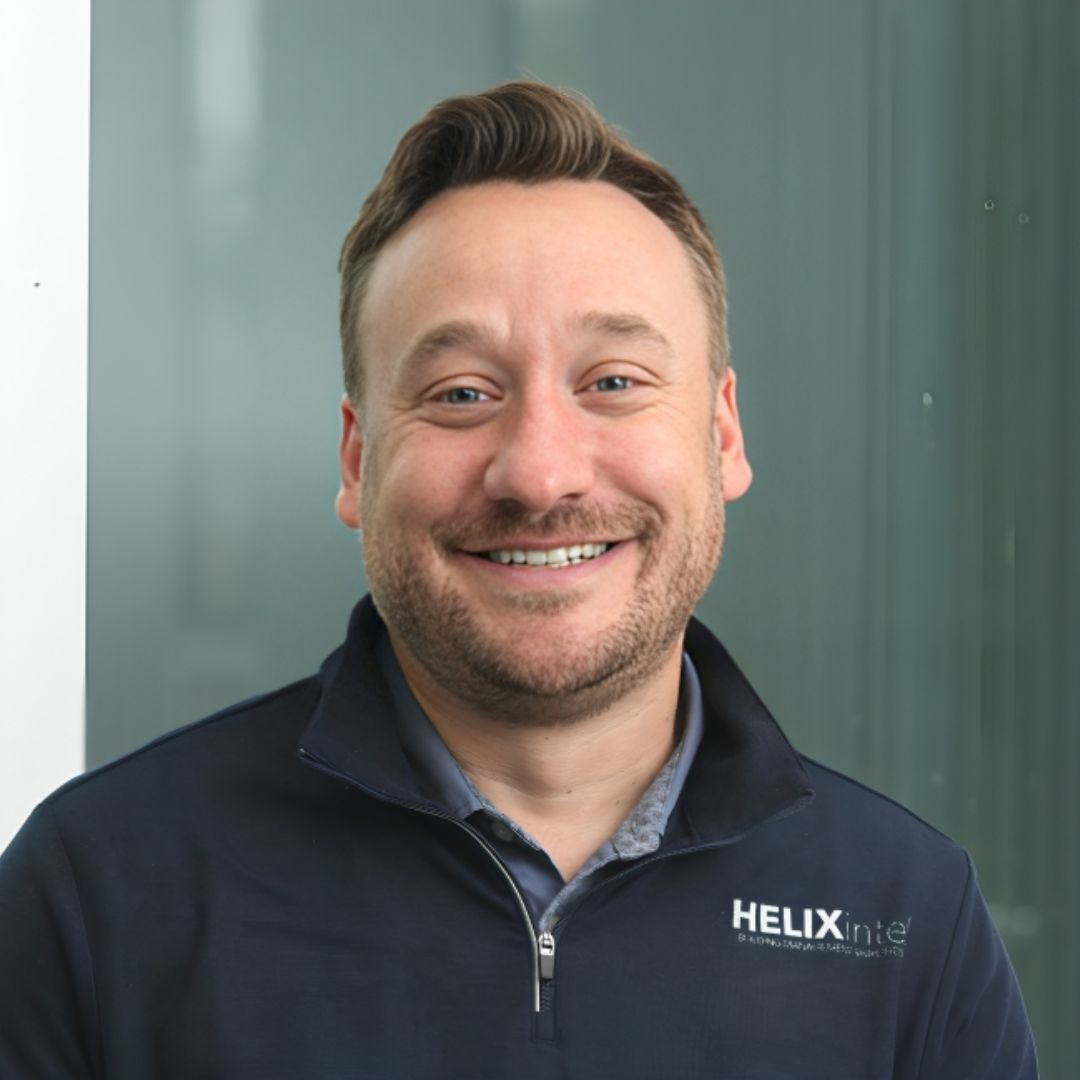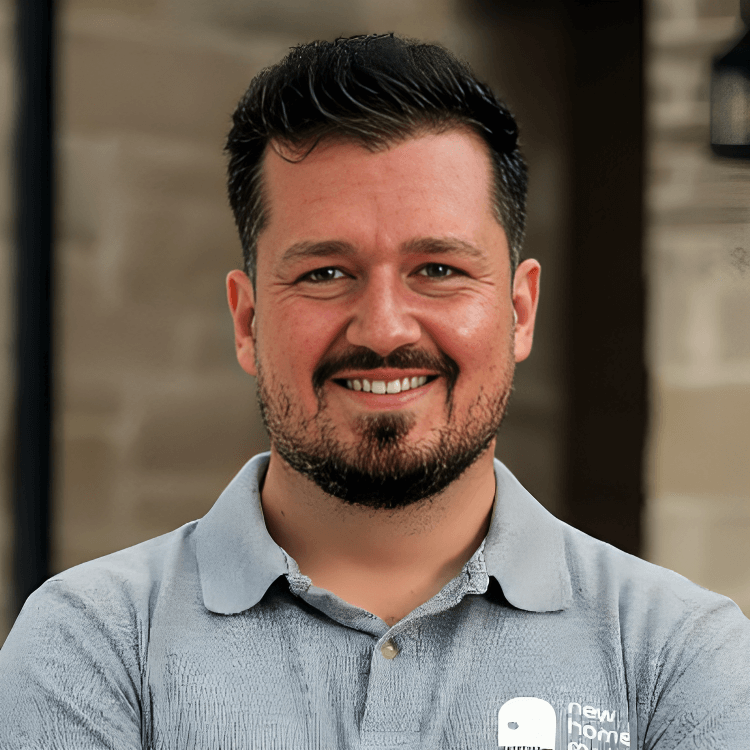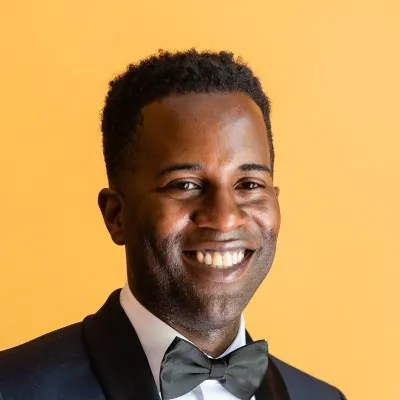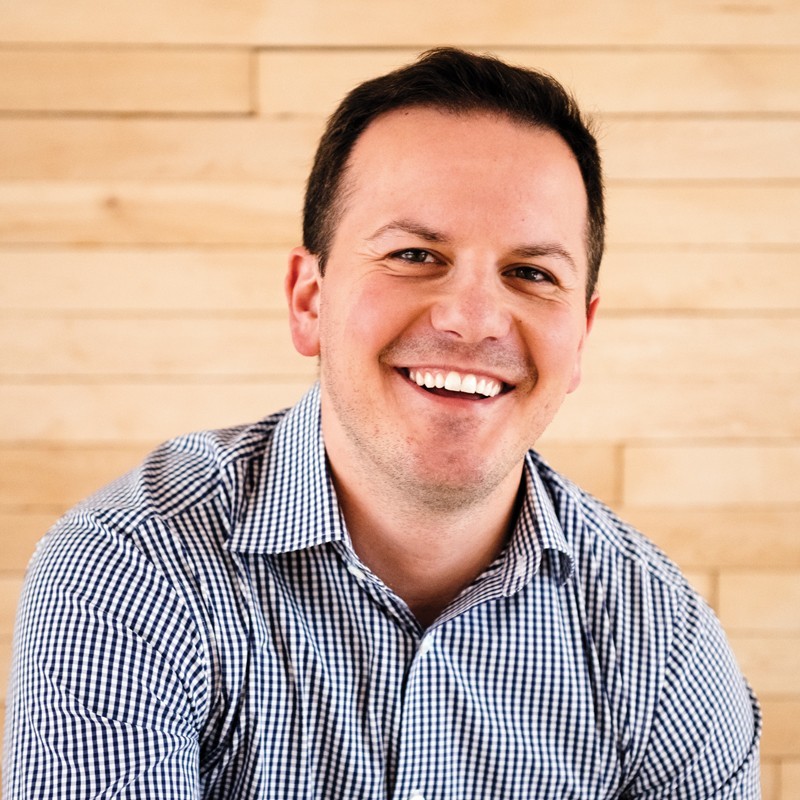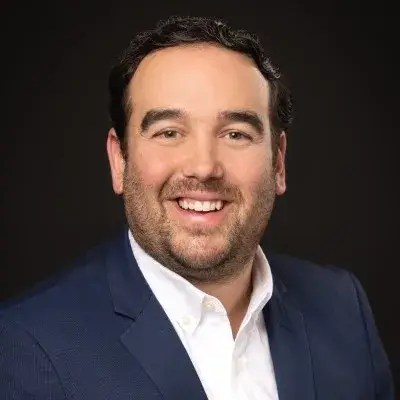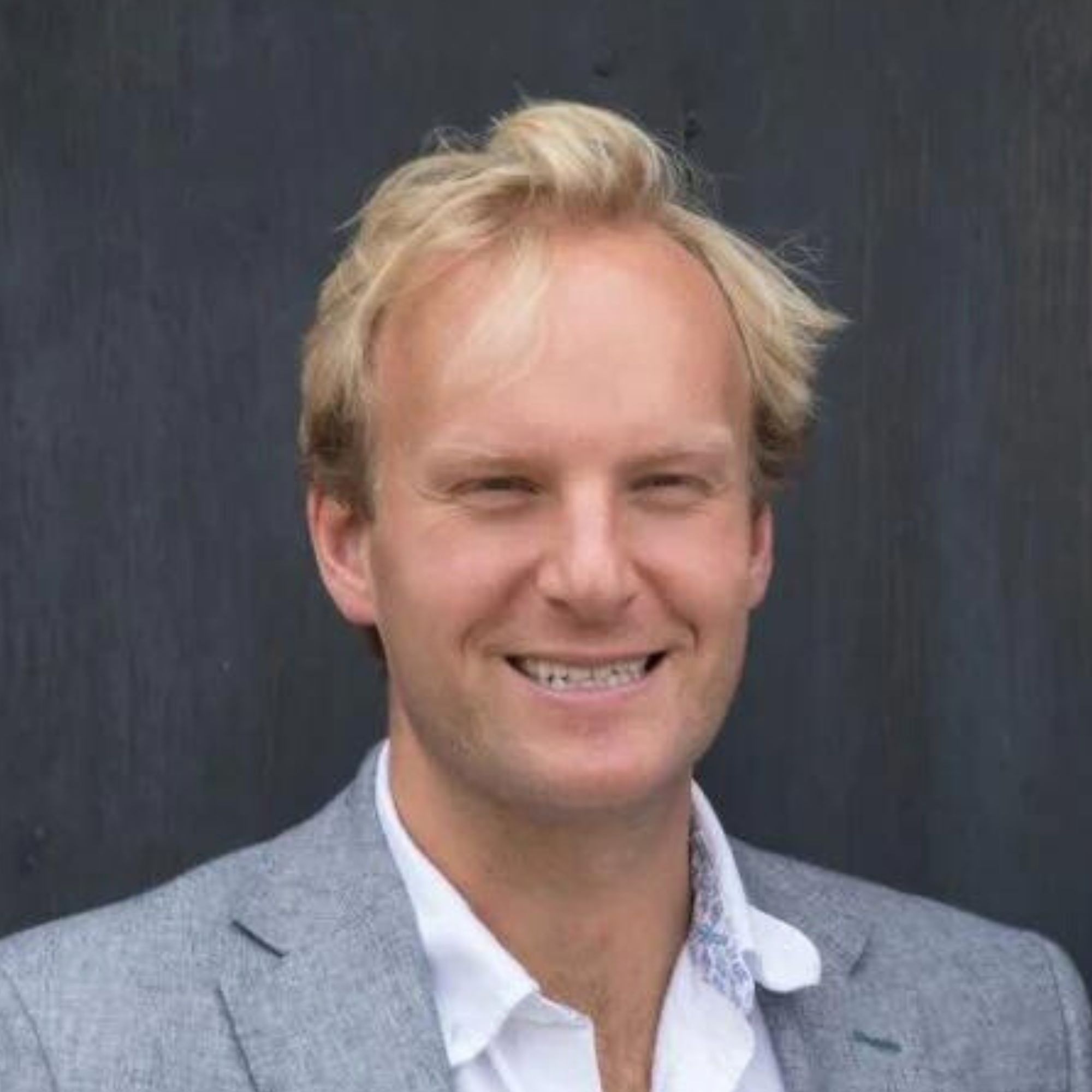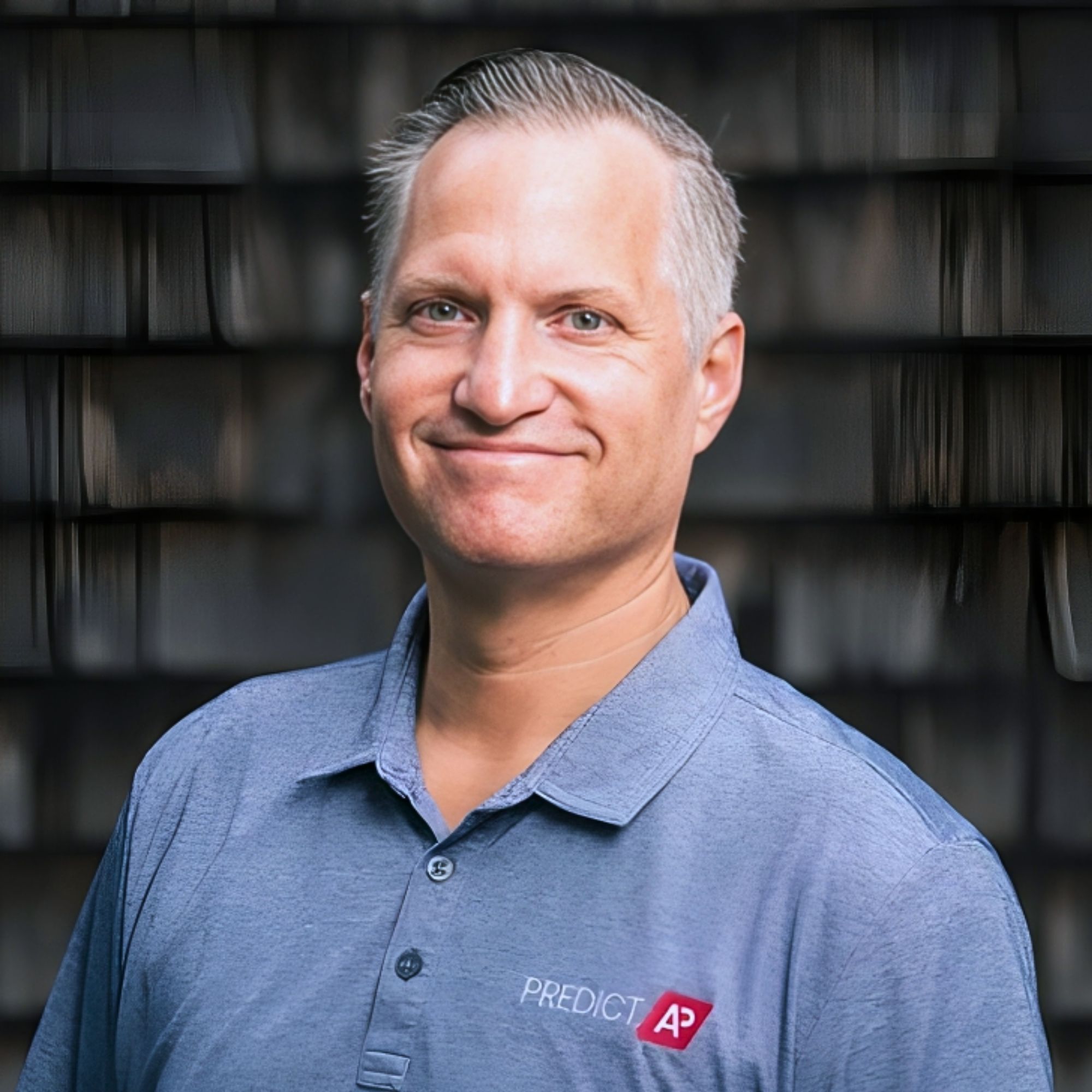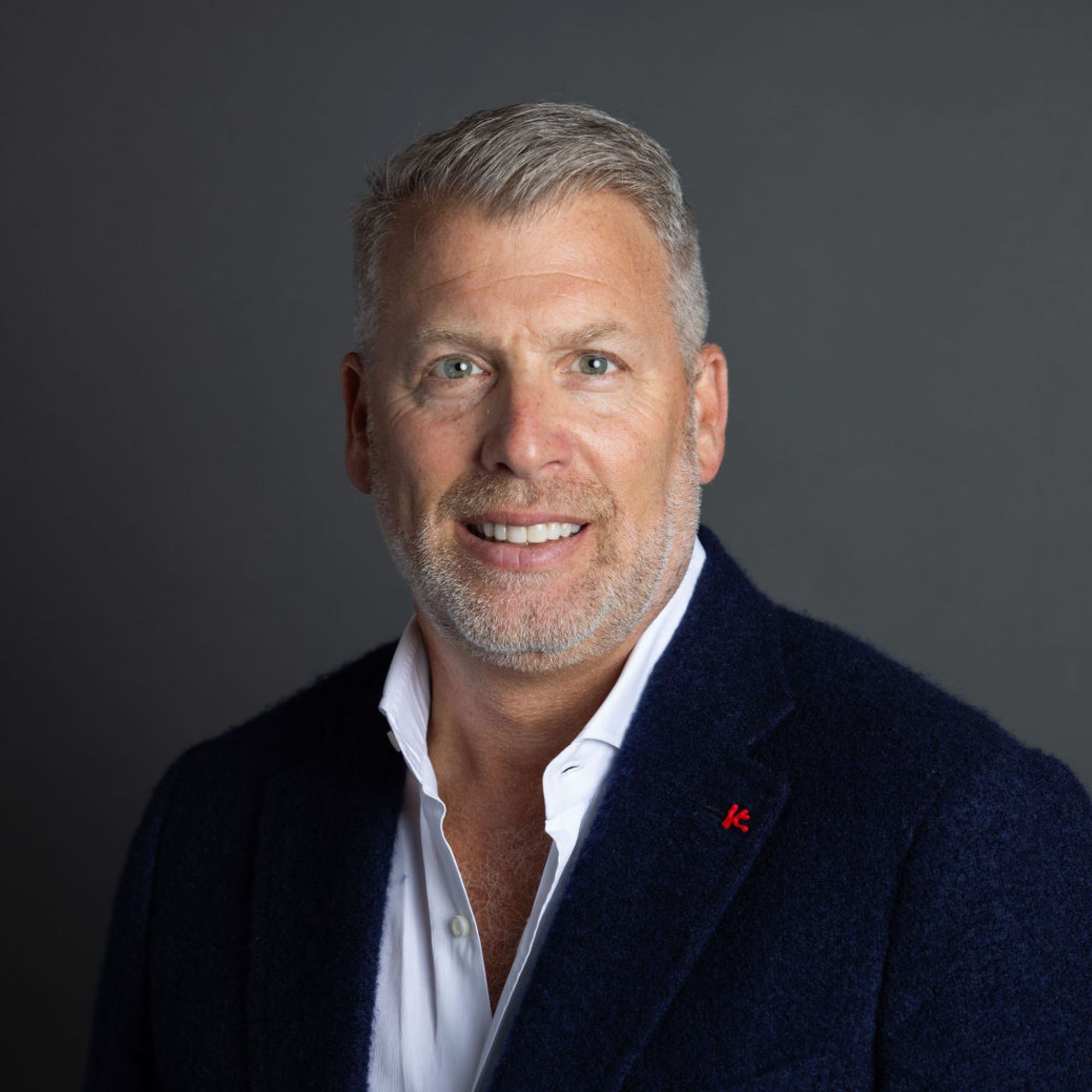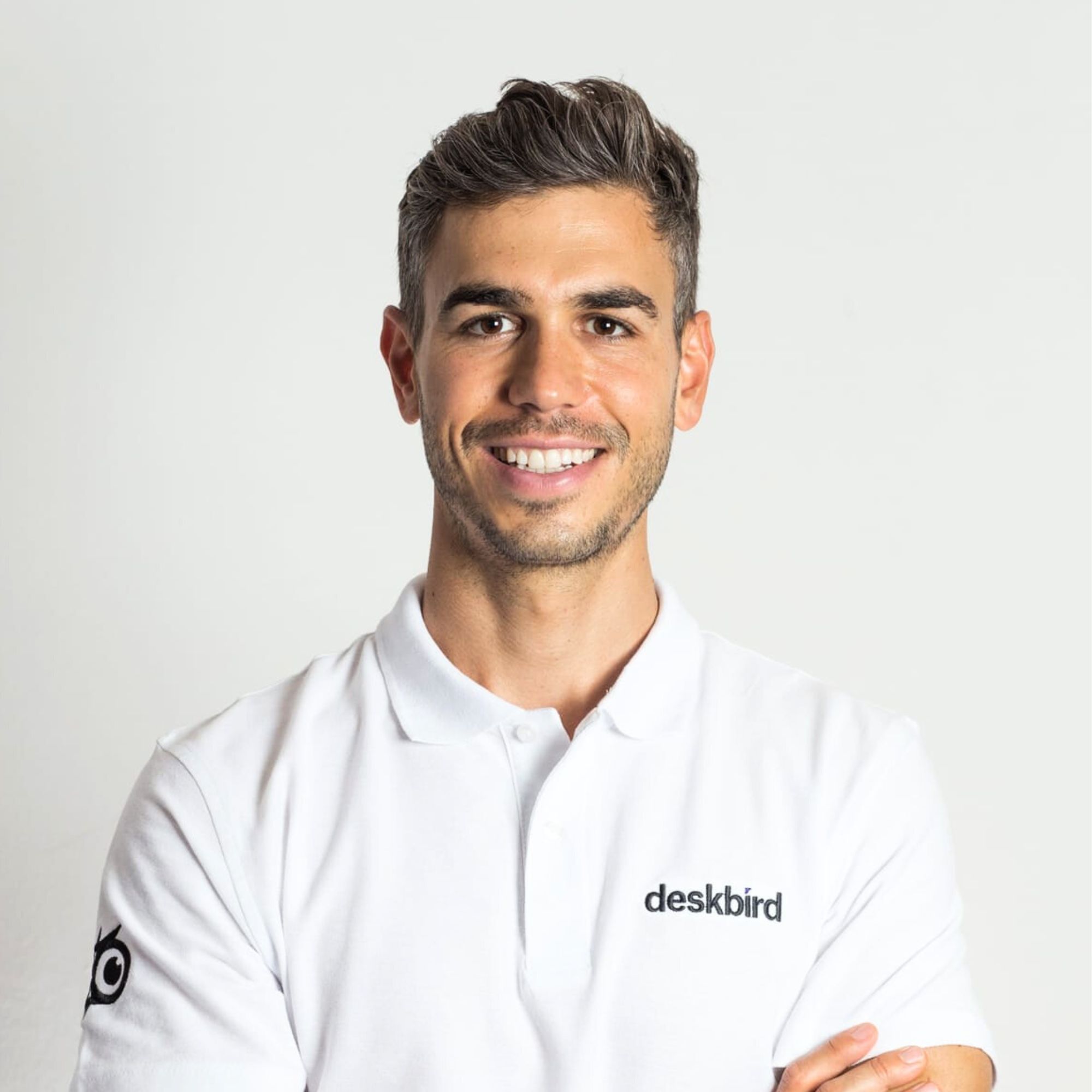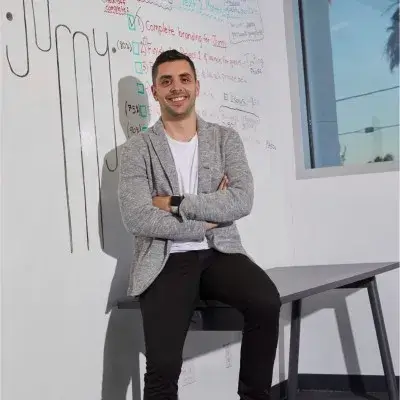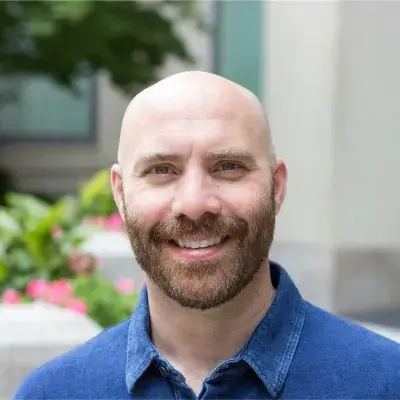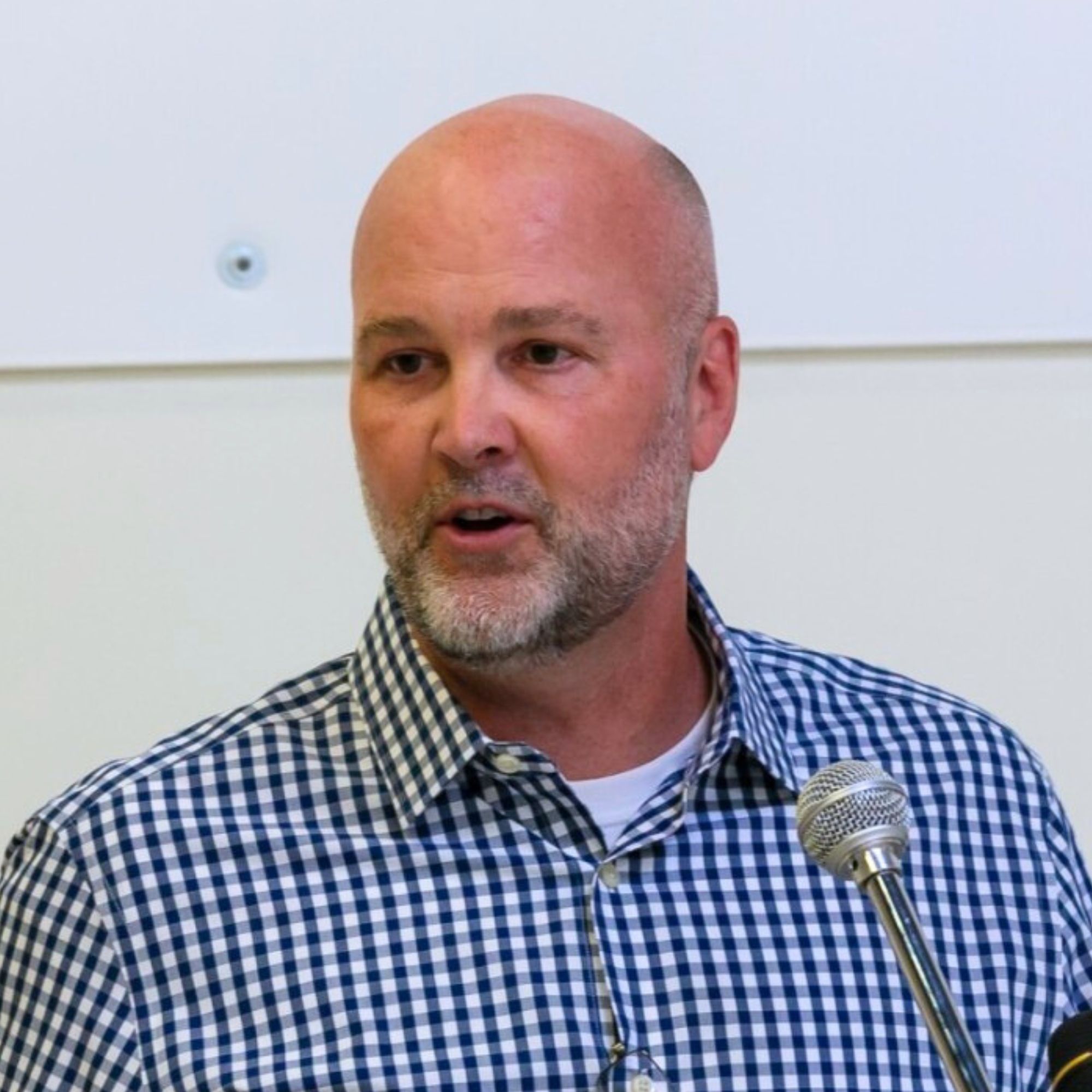Ready to build your own Founder-Led Growth engine? Book a Strategy Call
Frontlines.io | Where B2B Founders Talk GTM.
Strategic Communications Advisory For Visionary Founders
Actionable
Takeaways
Master relationship-based selling in traditional industries:
Michael succeeded in the apartment industry through personal relationship building rather than digital marketing funnels. He spent months visiting properties, forming relationships with regional managers, and even secured his first customer through a handwritten card campaign that resonated with a VP who loved dog rescue. B2B founders entering traditional industries should prioritize face-to-face relationship building and understand that decision-makers often value personal connections over polished presentations.
Take calculated risks to capture market timing:
Fetch grew from $1M to $40M ARR in just 18 months during 2019-2021, despite not being fully operationally ready for that scale. Michael explains: "The thing that we did right was take advantage of really intense market demand when it came, even though we weren't always quite ready for it." Founders should be prepared to scale aggressively when market conditions align, even if it means accumulating technical debt or operational challenges that can be addressed later.
Physical service businesses require different MVP strategies:
Unlike SaaS companies that can iterate with software alone, Fetch's MVP required Michael to personally deliver packages for 18 months while building operational knowledge. This hands-on approach provided invaluable insights: "It was so valuable looking back, to be able to see every side of the business and literally four or five, six hours a day, be the last mile delivery partner." Founders building physical service businesses should expect to be deeply involved in operations during early stages to understand every aspect of their value chain.
Hire ahead of immediate needs during growth phases:
During Fetch's hypergrowth period, Michael deliberately over-hired on skill level, bringing in leaders who were arguably overqualified for immediate needs but would be essential as the company scaled. This strategy of "trusting leaders and bringing in the right people to lead some of the most critical ops" allowed them to maintain quality during rapid expansion. Founders should consider investing in talent that can grow into roles rather than just filling current gaps.
Build platform infrastructure for adjacent service expansion:
Fetch's long-term strategy always focused on establishing the "rails" between warehouses and buildings, then adding services that utilize existing trips and infrastructure. Michael describes: "We've sort of done the dirty work of building up a labor intensive business and we have sort of underlying tech to make that a lot easier now." This approach of building core infrastructure first, then layering additional services, creates significant competitive advantages and higher margins over time.
Conversation
Highlights
Building a $70M ARR Logistics Empire Through Handwritten Cards and Personal Relationships
Michael’s first customer came from a black Lab rescue fan who liked his logo.
That’s not exactly the Silicon Valley playbook for scaling a venture-backed business. But it’s exactly how Michael Patton, founder and CEO of Fetch Package Delivery, landed the deal that would eventually lead to a $70 million ARR logistics empire serving over 400,000 apartment units across the country.
In a recent episode of Category Visionaries, Michael shared the unconventional go-to-market journey that transformed a simple package management solution into one of the fastest-growing PropTech companies in America. His story challenges everything we think we know about scaling B2B businesses in traditional industries.
The Problem That Corporate Finance Couldn’t Solve
Michael’s entrepreneurial journey began with a personal frustration that millions of apartment dwellers face daily. “I was looking for an excuse a couple of years out of school to get out of corporate finance, having to move into uptown Dallas apartment building at the time and as a resident witnessed this big package problem,” Michael explains.
The timing was perfect. This was 2016, when e-commerce was exploding but apartment buildings were still managing packages with band-aid solutions. “There were package lockers, package rooms, a lot of sort of band aid solutions, leasing agents dealing with boxes everywhere,” he recalls.
Michael’s solution was elegantly simple: off-site warehouses. Instead of trying to manage packages within apartment buildings, Fetch would sign up entire buildings, have all residents send packages to their warehouses, then handle the last-mile delivery to each apartment door.
“We sign up buildings, full buildings at a time, and then all the residents send their packages to us. We do the last mile effectively of delivery and deliver to the door,” Michael explains. “So we’re solving this problem for apartment buildings, for apartment management companies.”
The 18-Month Education in Operations
While most SaaS founders can iterate quickly with software, Michael’s logistics-heavy business required a different approach to building an MVP. His solution was radical in its simplicity: do everything himself.
“Our version of the MVP was me leasing a warehouse space, you know, small, little 2,500 foot warehouse space in the design district in Dallas and doing our own deliveries,” Michael recalls. “As me and a couple others sort of within that first, like 612 months, were all delivering out of our own cars for really the first 18, 24 months.”
This hands-on approach provided invaluable insights that no amount of market research could have delivered. “It was so valuable looking back, to be able to see every side of the business and literally four or five, six hours a day, be the last mile delivery partner of our business and experience everything that we’re going to need to plan for on the operations side,” he explains.
The technical infrastructure was equally scrappy. They “pieced together this very… I don’t even know if you could call it an MVP, but the most minimally usable software platform to sign in and schedule deliveries that I think cost about 750 bucks to make at the time.”
Relationship-Based Selling in a Digital World
While most B2B startups focus on digital marketing funnels and product-led growth, Michael discovered that the apartment industry operated on entirely different principles. “The apartment industry is so relationship based. And it’s still to this day,” he notes.
His customer acquisition strategy was refreshingly analog. “I went around in Dallas for as long as I lived there until we moved to Austin a couple of years in just visiting with properties, forming relationships with regional managers,” Michael explains. “Being able to interface with those leaders in person and grab coffee or lunch, that’s a lot of what the original biz dev efforts went into.”
The breakthrough came through an unexpected channel: handwritten marketing cards. “I sent out like I did this a few times, but sent out a couple hundred handwritten cards with the Fetch logo on the front, which at the time was much more dog centric,” Michael recalls.
The response was immediate and personal. “One of the VPs at a management company was a black Lab rescue fan. And so she was like, you know, we have a problem with packages, but mostly I liked your logo and so I gave you a chance of this meeting and that’s ultimately who gave us our first pilot ever.”
This personal touch became a cornerstone of Fetch’s approach. The dog-themed branding wasn’t just aesthetic choice—it was a conversation starter that opened doors in an industry where personal connections matter more than product demos.
The Long Road to Product-Market Fit
Unlike typical SaaS success stories, Fetch’s path to growth was measured in years, not months. Michael started the company in May 2016, but “we didn’t hit a million in ARR until probably, I think it was Q2 of 2019. So it was about three years to get to a million of ARR.”
That timeline reflects the reality of building trust in traditional industries. “I’d say it took the first probably five or 10 properties, which was honestly the next 18 months after that, to see it working, to see that residents enjoyed it, to see that it obviously truly solved the problem,” Michael explains.
The validation moment came when they expanded beyond their Dallas backyard. “If I had to pick one point, I guess it’s when we first expanded across Texas in 2018, went to Houston, went to Austin and started to sell into other buildings that weren’t in my backyard of Dallas at the time,” he recalls. “That was the first time where it was like, okay, this is really can be replicated across markets and be a big business.”
Capturing Lightning in a Bottle
Once product-market fit was established, Fetch’s growth exploded. “We had this extreme growth curve from 2019 to sort of first half of 22, really 2019 to 2021, where it was completely hold on to your hats,” Michael describes. The company scaled “from a million to 40 million to about 18 months, maybe a little bit more than that after that.”
Michael credits this acceleration to a crucial strategic decision: prioritizing market capture over operational perfection. “The thing that we did right was take advantage of really intense market demand when it came, even though we weren’t always quite ready for it,” he explains.
This meant accepting some technical debt and operational challenges in exchange for market positioning. “We knew we were going to be a little bit behind the eight ball for tech debt and just being ready for that level of scale. But I think if we didn’t take advantage of the demand and sort of get pulled into new markets and had waited and gone slower, I’m not sure we’re anywhere close to as big of a business as we are now.”
The timing proved crucial. Michael believes they “hit our really solid kind of peak demand window in that phase of the company, at least in 2019-21.” Market conditions changed dramatically after 2022, suggesting that their aggressive scaling during the window of opportunity was the right call.
Strategic Hiring for Hypergrowth
Managing rapid expansion required a different approach to talent acquisition. Michael’s strategy was to hire ahead of immediate needs, bringing in leaders who could scale with the business. “Really trusting leaders and bringing in the right people to lead some of the most critical ops and probably at times over hiring on skill level,” he explains.
This meant “spend a little bit more and get somebody who might be arguably overqualified now, as long as they’re willing to roll their sleeves up in the meantime.” The investment in senior talent before it was strictly necessary helped maintain quality during explosive growth phases.
Building the Infrastructure for Adjacent Services
From the beginning, Michael envisioned Fetch as more than just package delivery. The strategy was to build the infrastructure first, then layer on additional services. “Let’s stand up, really fetch package delivery, our core service… let’s get the solid tech backbone, let’s get as many apartment units as we can on the platform,” he explains.
Once the foundational relationships and logistics network were established, they could “start to add on services once we’re already making money with those trips.” Today, this includes “short term storage for residents, we utilize the trips we’re already making… convenience item delivery, we’re doing trash pickup and a few other things.”
This platform approach creates significant competitive advantages. “What other hard problems are there for us to solve that are going to be way easier for us than any other company because we already have this industrial footprint and labor pools and really good workforce management and all these relationships,” Michael explains.
Lessons for B2B Founders
Michael’s journey offers several counterintuitive lessons for B2B founders, especially those entering traditional industries. First, relationship-based selling still dominates in many sectors, regardless of digital transformation trends. Personal connections and trust-building remain more valuable than sophisticated marketing automation in these markets.
Second, the timing of market opportunities can matter more than operational readiness. Michael’s decision to scale aggressively during peak demand, despite technical debt concerns, ultimately positioned Fetch as a market leader.
Third, founder-led operations in the early stages provide irreplaceable insights for service-based businesses. The 18 months Michael spent personally delivering packages created operational knowledge that informed every subsequent scaling decision.
Finally, building platform infrastructure before adding services creates exponential value. Fetch’s warehouse network and delivery routes now serve as the foundation for multiple revenue streams, demonstrating how patient infrastructure investment pays compound returns.
Today, Fetch serves over 400,000 apartment units with 40 warehouses across 25 markets, approaching $70 million in ARR. Michael’s vision extends beyond package delivery to becoming “that full suite of services that a single service partner for the apartment industry that solves problems for apartment buildings or adds convenient services for residents.”
From handwritten cards to a national logistics empire, Fetch’s journey proves that sometimes the most unconventional paths lead to the most extraordinary destinations.

